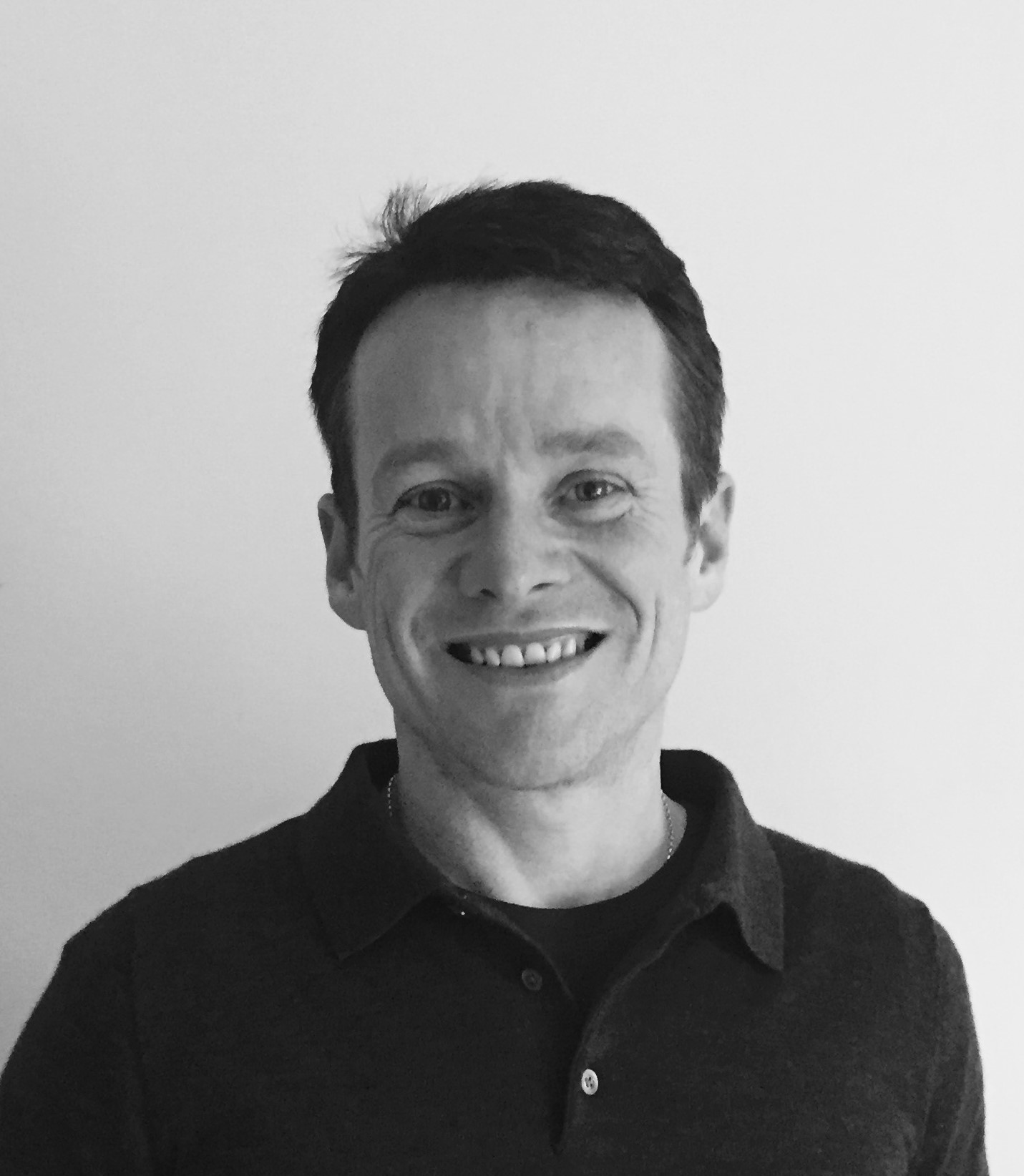Mindfulness is often defined as “the awareness that arises by paying attention, on purpose, in the present moment, and non-judgmentally.” — Jon Kabat Zin
This is a mouthful, and daunting for people new to the practice. Mindfulness is better described as the state of simply ‘noticing things’.
Yes, just noticing things. It really is that simple. If you are noticing things, you are mindful of them. If you are not noticing things, you are not mindful of them.
So what are you supposed to notice?
Anything really: The wind, background music, your thoughts, your feelings, the space between your eyebrows, or any bodily sensation for that matter. You can even walk, talk, eat, drink and listen mindfully. The breath is one of the most popular anchors. I once heard someone say: “Life starts with a breath and ends with a breath; it must be important.”
Is it really that simple?
This is the heart of mindfulness, but once you choose something to notice, you are then required to focus on it.
Consider an example of a 10 minute breath exercise. First you choose something to notice, in this case your breath. It’s best to be specific, so we’ll focus on the air at your nostrils. Breathe in through your nose, and out through your nose. Notice the cold air flowing in, and the warm air flowing out. Breathe in, breathe out, and continue this rhythm.
Seems easy, but this can be more difficult than you think. At some stage thoughts will arise in the background, they always do. And without realizing, your mind will be wandering, usually about stories from the past or anticipated events in the future.
But don’t worry, this is the practice. Once you notice that your mind is wandering, go back to your breath. You do this repeatedly. The idea is to catch yourself getting hijacked by your thoughts, and then go back to your anchor. This is when the magic happens, and with daily practice, you’re preparing yourself for when it really matters, for one of life’s curve balls. You’ll be able to catch yourself getting stressed before you get overwhelmed. Like baseball players during a big game, it’s the daily practice that prepares them for the important catch, nothing else.
One other important point…
Don’t judge yourself if you get lost in thought. Mindfulness expert Jack Kornfield once said: “It’s like teaching a puppy how to walk. You don’t beat the puppy when she falls. You pick her up gently and start again.” So be kind to yourself, and just go back to your anchor.
Do You FEAR Change?
If not, check out the FREE program I developed to make extraordinary changes in my recovery from long-term addiction.

